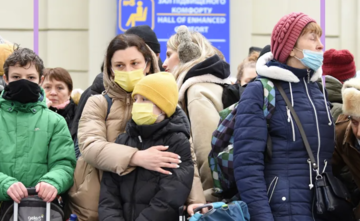
Photo courtesy of the University of Oxford
The prevalence of child maltreatment and other childhood adversities, and the links between childhood adversities, poor parenting, and their serious and life-long consequences, have resulted in calls for innovative strategies to reduce harm to children.
Global Parenting Initiative leads from the University of Oxford and University of Cape Town, in collaboration with WHO and UNICEF, created Parenting for Lifelong Health to answer these calls in a low- and middle-income country context: PLH is a suite of open access, non-commercialised parenting programmes with a key goal of preventing child maltreatment and involvement in other forms of violence. The programmes are currently being delivered in 40 low- and middle-income countries across Sub-Saharan Africa, South-eastern Europe, Southeast Asia, and the Caribbean.
‘These (programmes) will help families to cope with stress, make safety plans for their children, support children through fear and danger, and build children’s resilience to crisis’ Dr Isang Awah, Department of Social Policy and Intervention at University of Oxford and Global Parenting Initiative Advocacy Lead.
These programmes are not just valuable in LMIC contexts, but also for parents and children facing crisis situations. The PLH team has reached over 15 million families in Ukraine and Pakistan, and are now working with the WHO, UNICEF, UNHCR and UNODC to create rapidly shareable social media assets and resources for families affected by the earthquakes in Turkey and Syria.
Read the full article.